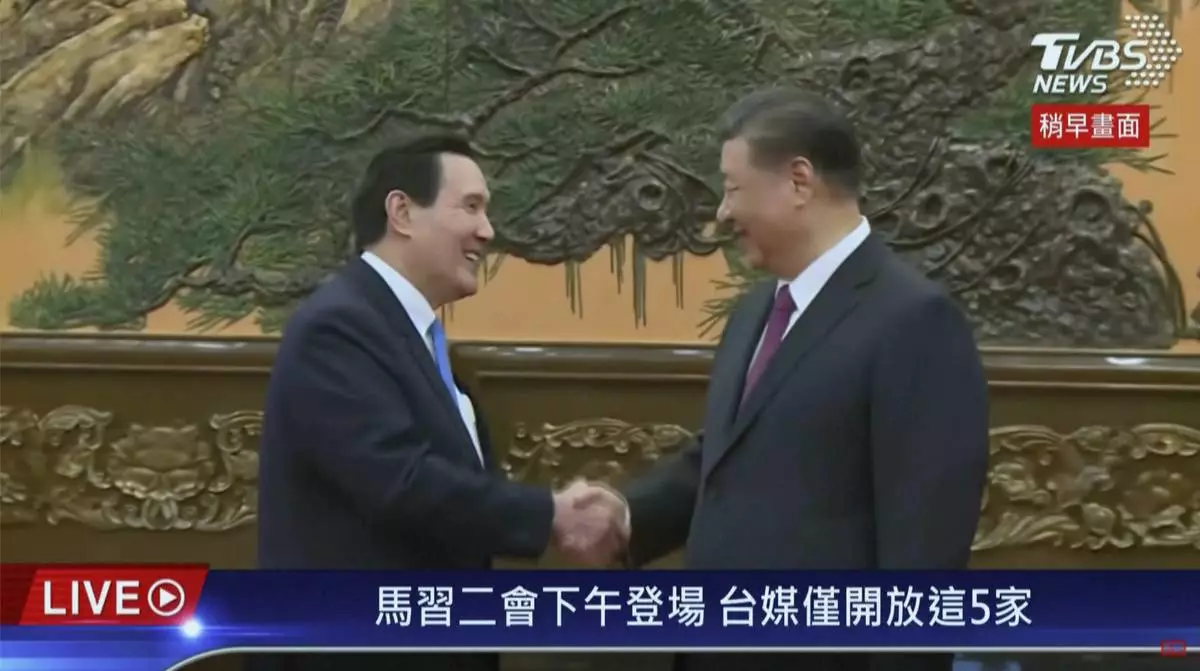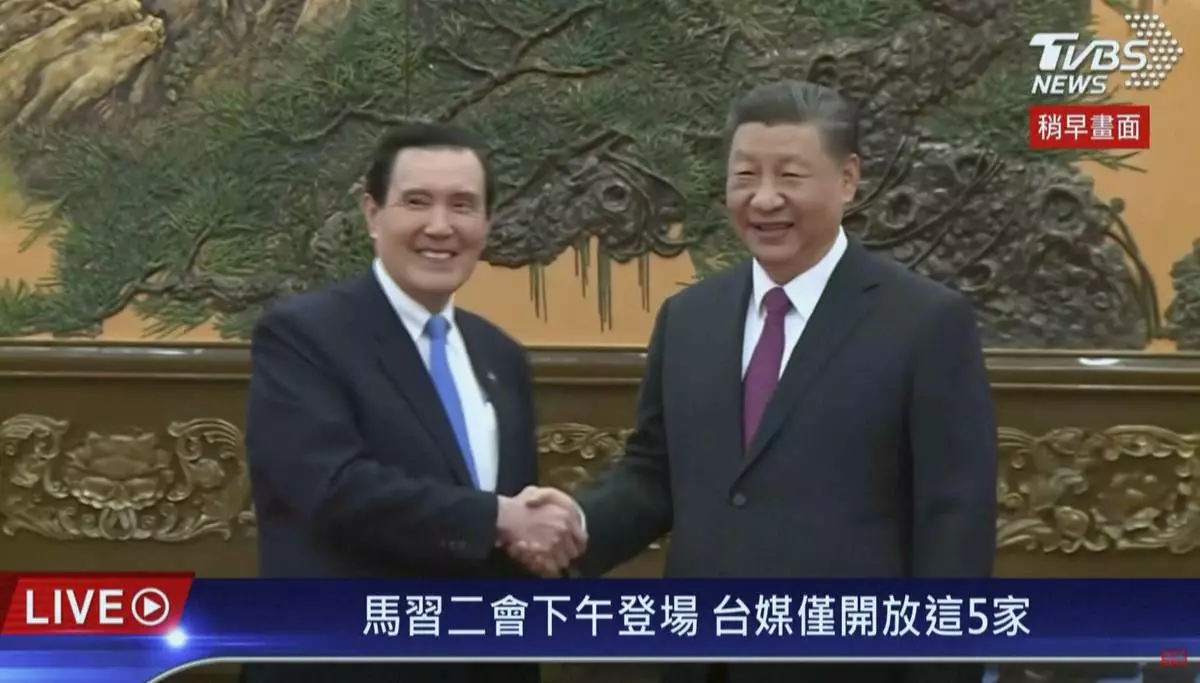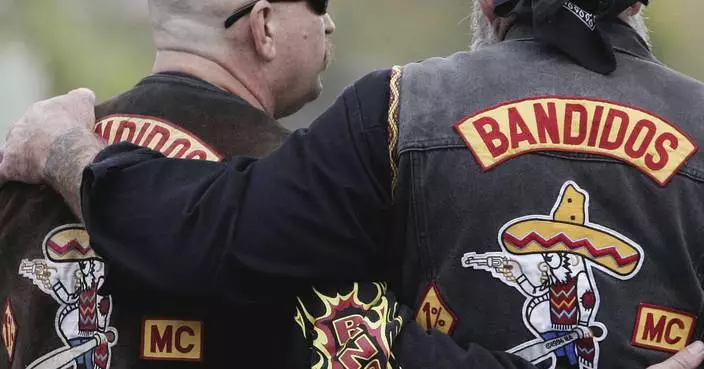A black artist has dropped his bid to build a slave memorial in front of Boston's historic Faneuil Hall after the NAACP objected.
Steve Locke announced Tuesday on the crowdfunding site Kickstarter that he won't go forward with the project because the president of the Boston chapter of the prominent civil rights group warned him they would come out strongly against it.
Locke had raised more than $45,000 and received another $150,000 in conditional city funding to develop the bronze installation, which would have resembled a slave auction block and included a map of the slave trade.
"This stance by the Boston Branch of the NAACP puts the Mayor in an untenable position as he cannot discount their opposition," wrote Locke, who was the city's annual artist-in-residence last year. "Placing his support in jeopardy destabilizes the entire project, and without the support of the Mayor's Office, the project will not have access to the site in front of Faneuil Hall."
NAACP Boston President Tanisha Sullivan said in an email Wednesday that there needed to be more discussion about the memorial's location and design before a proposal was presented to residents.
She pointed to the selection of the forthcoming memorial to Martin Luther King, Jr. and Coretta Scott King on the Boston Common. That process included soliciting proposals from a number of artists and hosting a series of public meetings.
"Our primary concern at this point is the lack of inclusion, especially inclusion of the Black American community whose ancestors any memorial of this type seeks to honor," she said of the slave memorial proposal. "If we are to own our past and commit to moving forward, we must do so together."
Democratic Mayor Marty Walsh, who had publicly supported the Faneuil Hall project, said Wednesday he'd hoped Locke would have the chance to explain his vision during upcoming public meetings. A City Hall hearing slated for next week was canceled Wednesday.
"I thought Steve's proposal was thoughtful and an important telling of a history that must have more visibility," he said in a statement.
Locke, who is taking a post at the Pratt Institute in New York in the fall, said he hopes to find a new site for his project. He said it has drawn interest from supporters in Salem, Massachusetts, the cities of Newport and Providence in Rhode Island, and New York City.
Kevin Peterson, founder of the New Democracy Coalition that had also opposed the memorial, praised Locke as a "brilliant artist" but said the project was "poorly timed and awkwardly presented."
"Nothing short of a serious conversation about race is needed," he said. "Locke was wise and brave to pull out of the project."
The New Democracy Coalition had accused Walsh of pushing the memorial as a way to mollify calls for changing the name of Faneuil Hall outright. Locke told the Boston Globe the project "had nothing to do with" that years long debate. The NAACP also hasn't advocated for the name change.
The brick landmark, located across from City Hall and one of the most visited tourist sites in the country, was built in 1742 by Peter Faneuil, a wealthy slave trader as a gift to the fledging city.
BEIJING (AP) — Chinese President Xi Jinping met with former Taiwanese President Ma Ying-jeou in Beijing Wednesday in a bid to promote unification between the sides that separated amid civil war in 1949.
Ma stepped down as president in 2016 and was largely excluded from the opposition Nationalist Party’s failed campaign to retake the presidency in January, a concession to the electorate's strong opposition to political unification with China and politicians seen as willing to compromise Taiwan's security.
He follows a long line of politicians from the Nationalists, also known as the KMT, who have been invited to China by its authoritarian one-party government and given VIP treatment on visits around the country.
China claims Taiwan as its own territory, to be annexed by force if necessary. Beijing sends navy ships and warplanes around the island on a daily basis in hopes of wearing down Taiwan's defensives and intimidating the population.
“The people on both sides of the Taiwan Strait are all Chinese. There is no dispute that cannot be resolved, there is no problem that cannot be discussed, and no force can separate us," Xi told Ma.
"Differences in systems cannot change the fact that both sides of the Taiwan Straits belong to the same country and nation,” he added.
Ma responded that a new war between the sides would be “an unbearable burden for the Chinese nation.”
"The Chinese people on both sides of the Taiwan Strait will definitely have enough wisdom to handle cross-Strait disputes peacefully and avoid conflicts,” Ma said.
Independence leaning president-elect Lai Ching-te of the Democratic Progressive Party won the January election handily and his vice president-elect Bi-khim Hsiao has been visiting nations friendly to Taiwan in Europe and elsewhere ahead of taking office.
Ma's 11-day trip, ostensibly at the head of a student delegation, underlines continued interactions in education, business and culture despite Beijing’s threat to use military force against the self-governing island democracy to achieve unification.
Toward the end of his second term in 2015, Ma held a historic meeting with Xi in Singapore, which has close contacts with both sides. The meeting — the first between the leaders of China and Taiwan in more than half a century — produced few tangible outcomes, and Ma’s Nationalist Party lost the next presidential election to Tsai Ing-wen of the DPP.
Lai Ching-te, currently vice president, is despised by Beijing for his opposition to unification. The Nationalists recovered a narrow majority in the legislature but their influence on foreign policy and other national issues remains limited.
Taiwan has been boosting military relations with allies such as the U.S. and Japan while maintaining close economic ties with the Chinese mainland.

In this image taken from video by Taiwan's TVBS, Chinese President Xi Jinping at right meets with former Taiwanese President Ma Ying-jeou in Beijing on Wednesday, April 10, 2024 in a bid to promote unification between the sides that separated amid civil war in 1949. (TVBS via AP)

In this image taken from video by Taiwan's TVBS, Chinese President Xi Jinping at right meets with former Taiwanese President Ma Ying-jeou in Beijing on Wednesday, April 10, 2024 in a bid to promote unification between the sides that separated amid civil war in 1949. (TVBS via AP)

In this image taken from video by Taiwan's TVBS, Chinese President Xi Jinping at right meets with former Taiwanese President Ma Ying-jeou in Beijing on Wednesday, April 10, 2024 in a bid to promote unification between the sides that separated amid civil war in 1949. (TVBS via AP)






